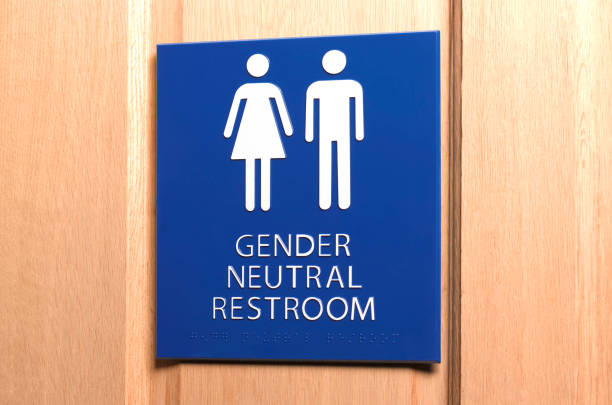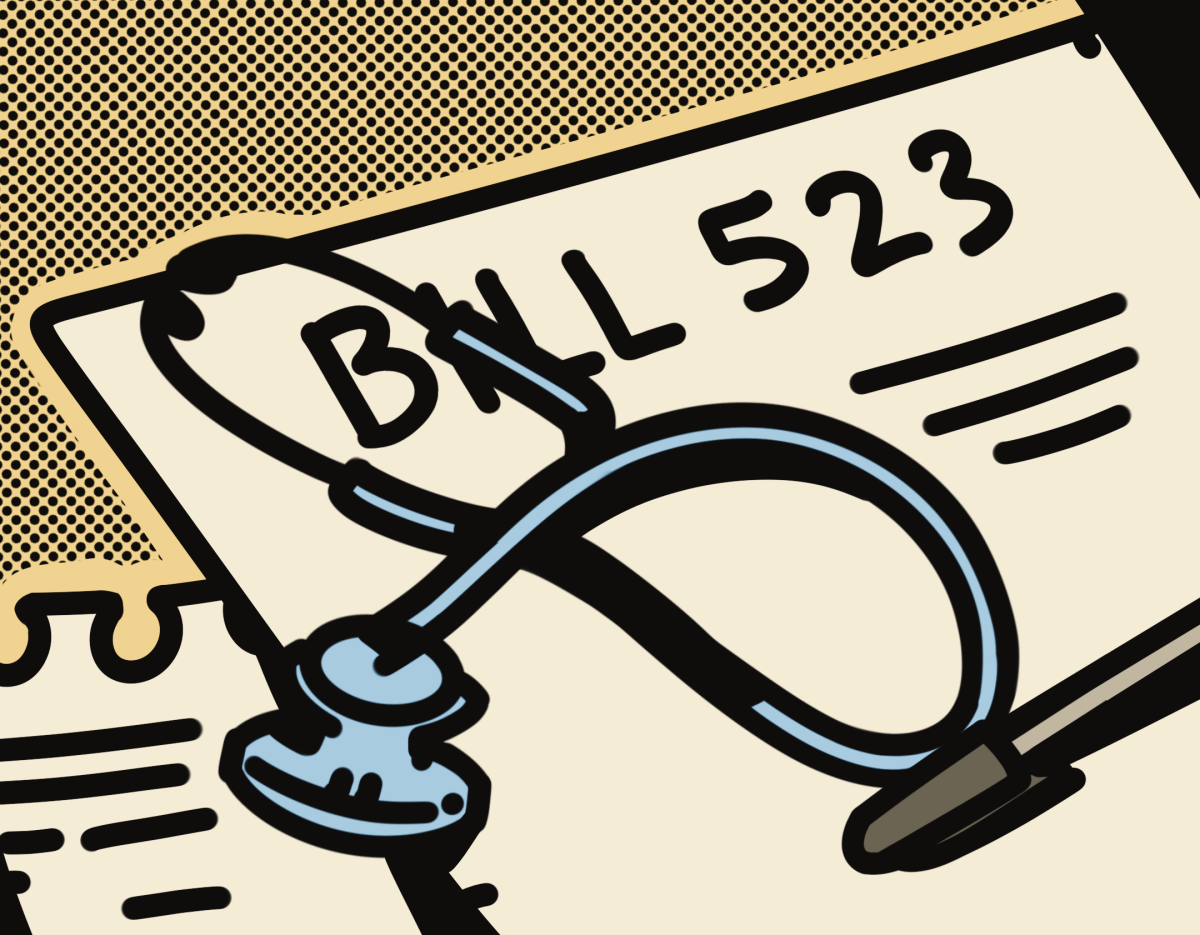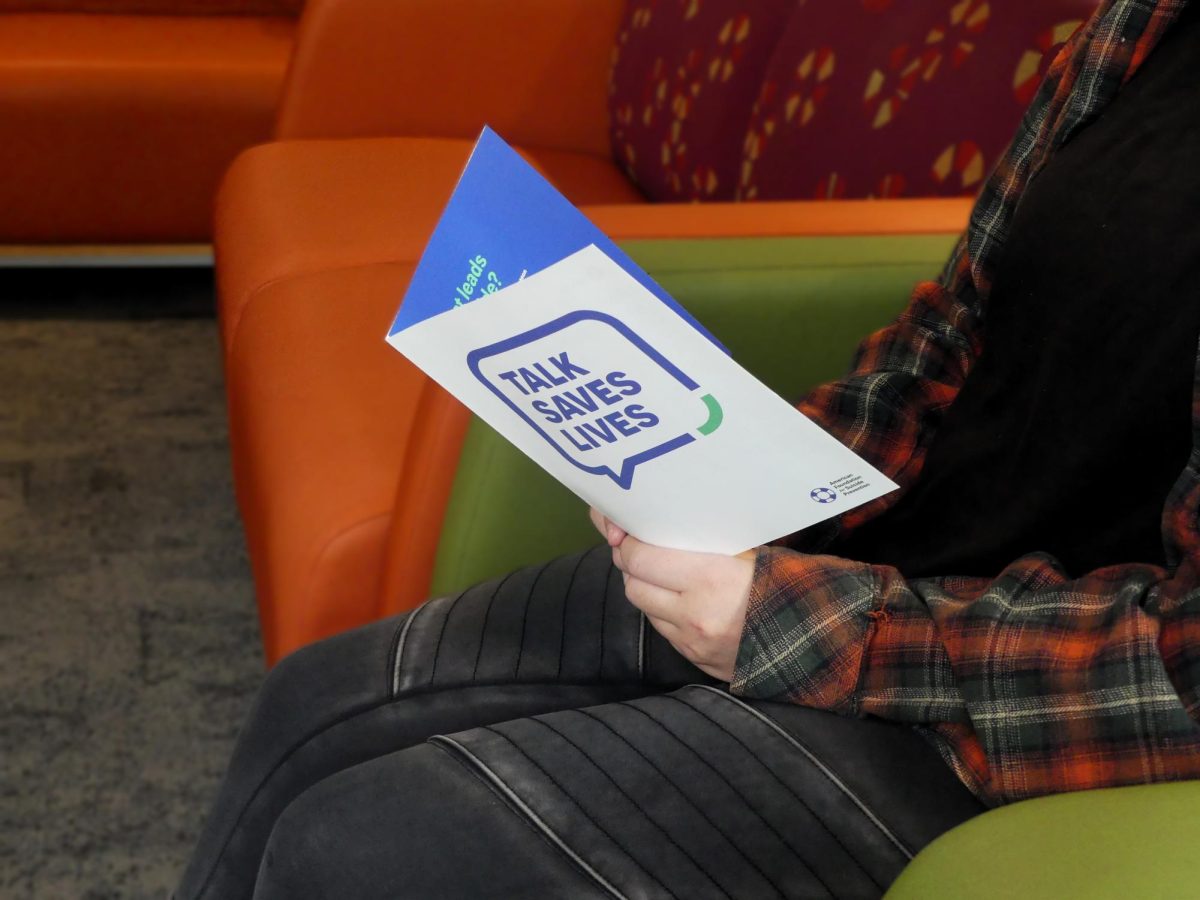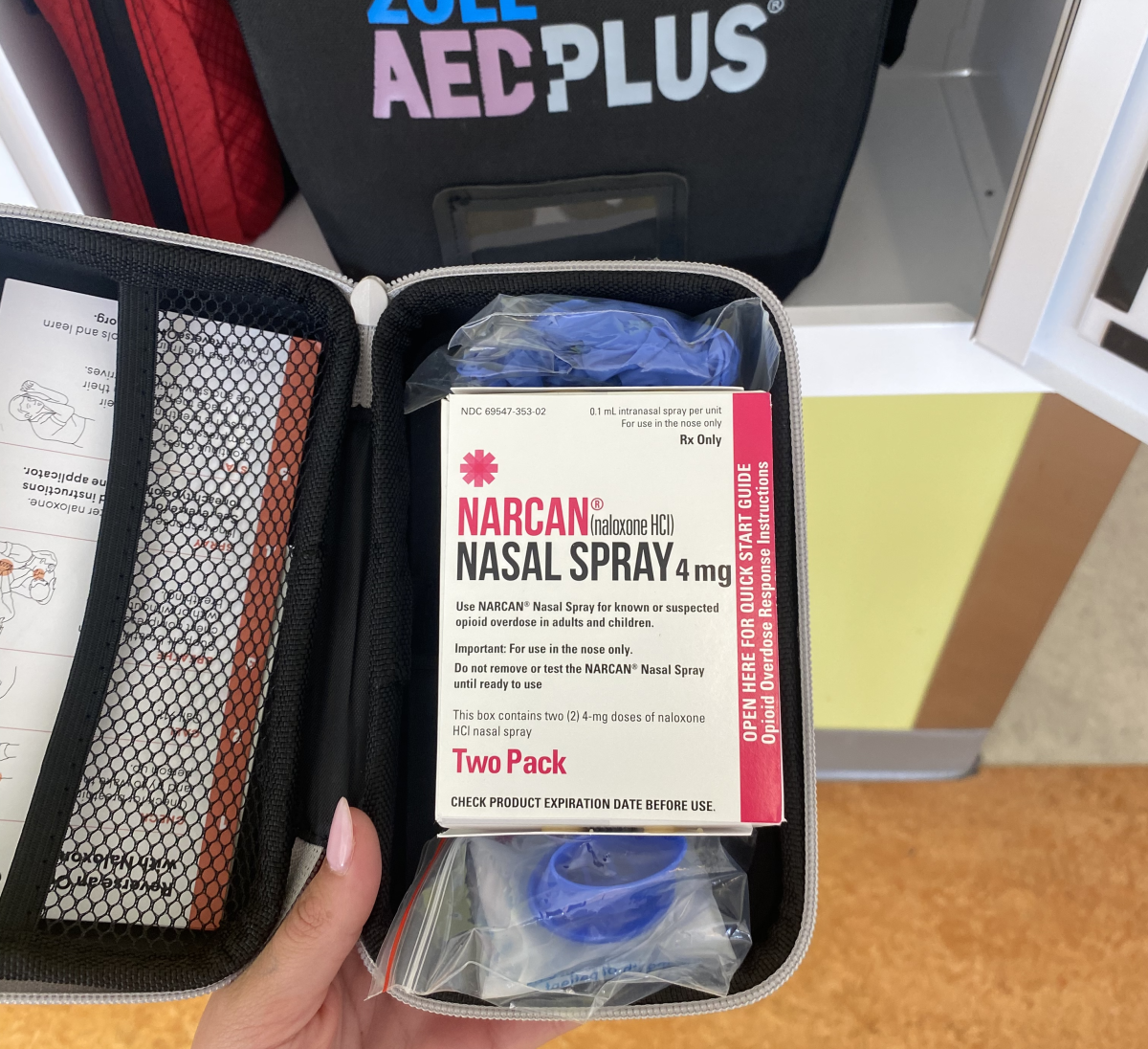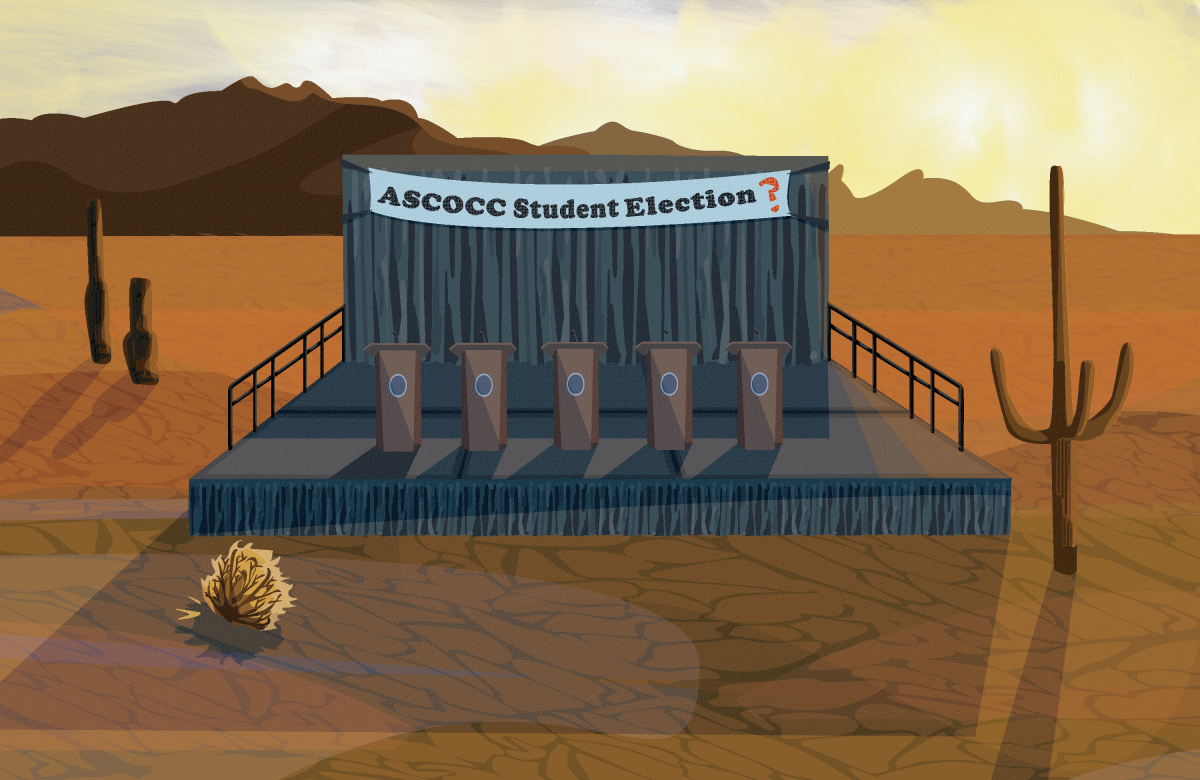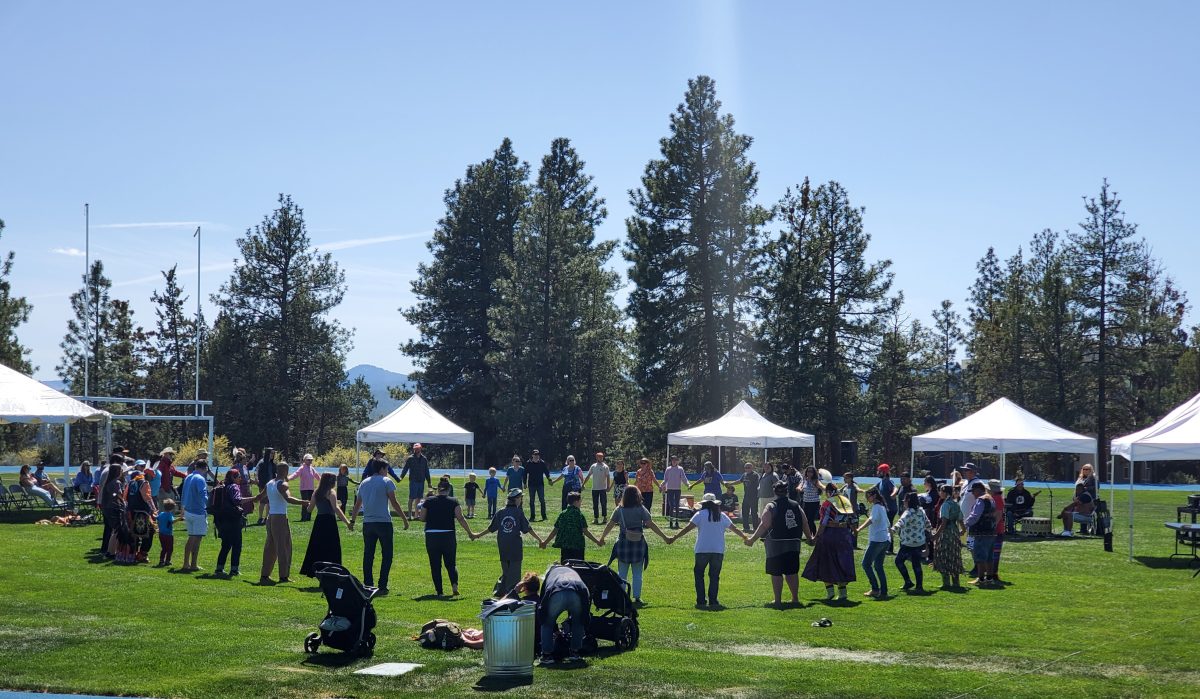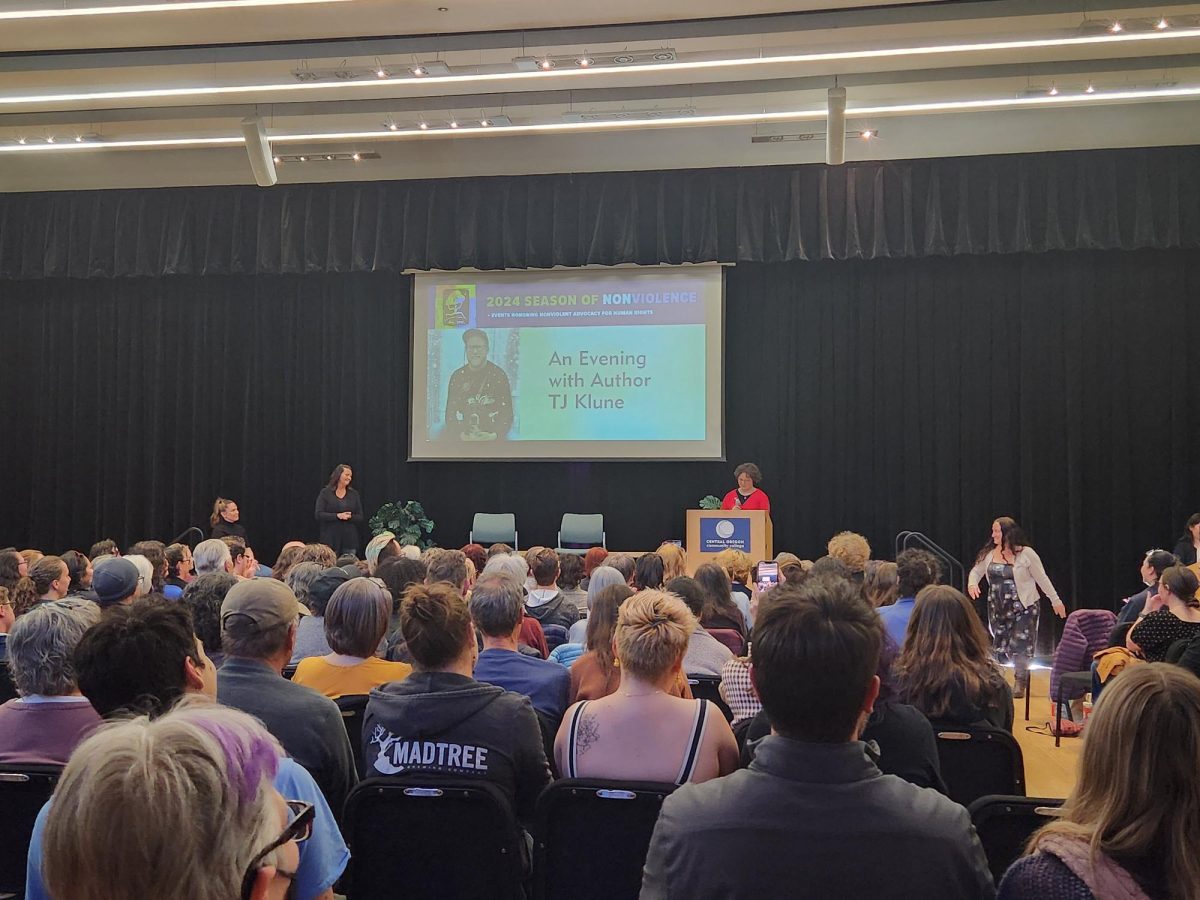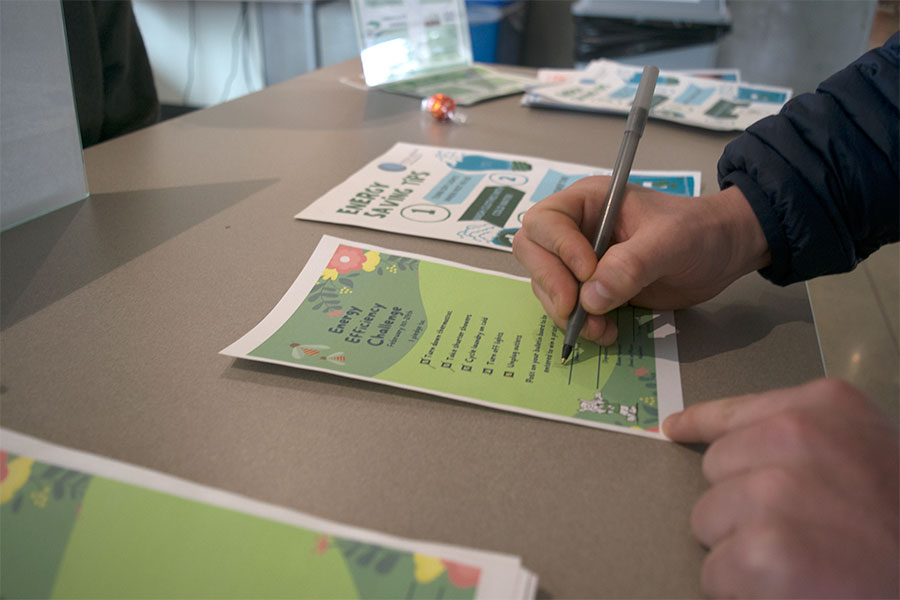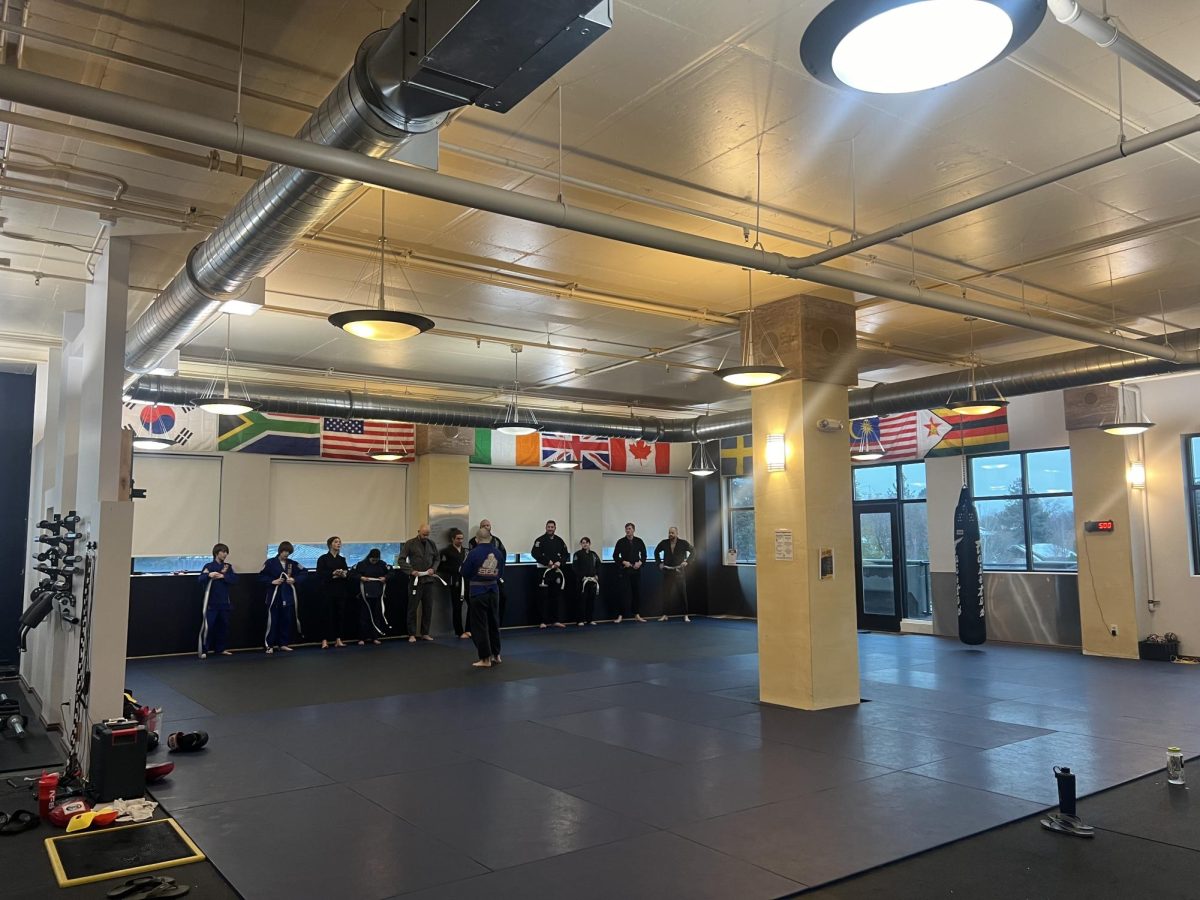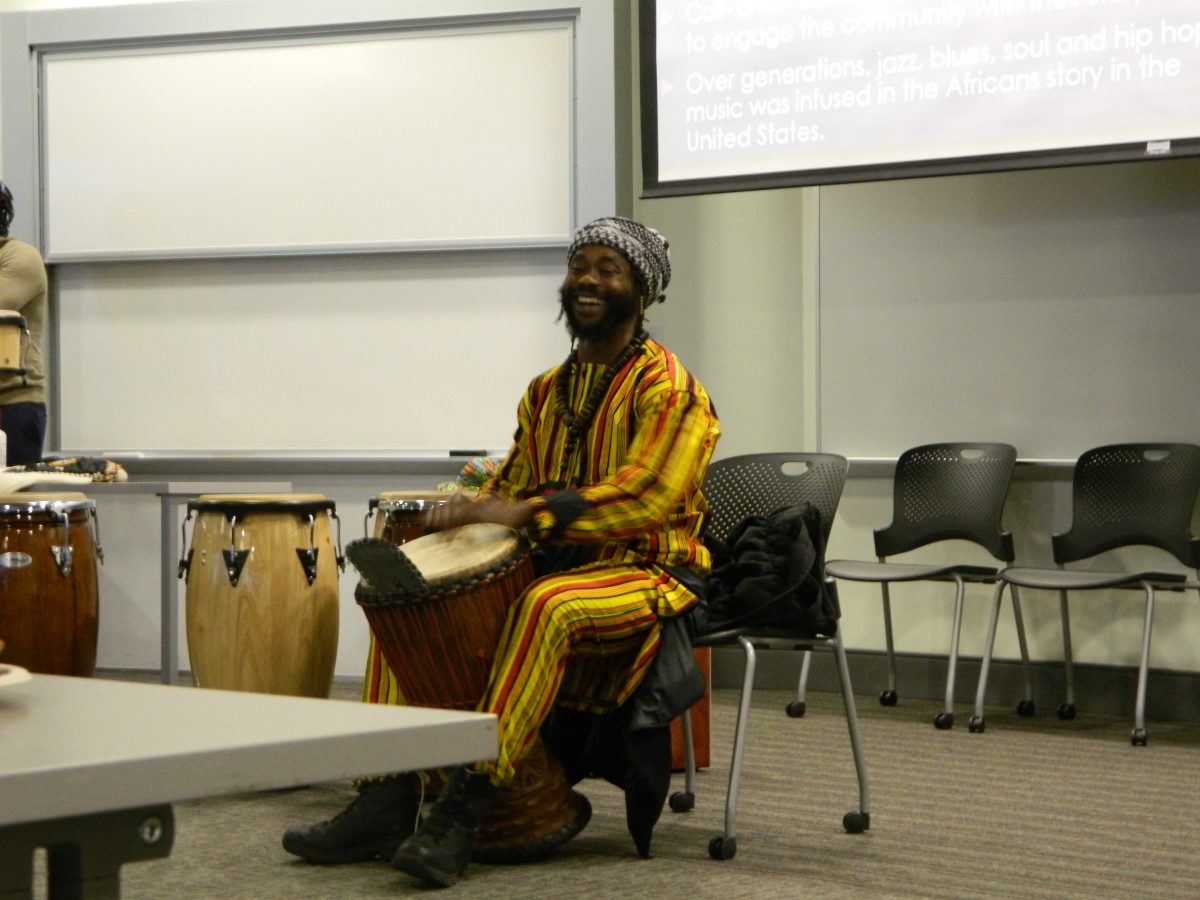Remember, in school, when the all-knowing Planned Parenthood community outreach people would come in and talk to the class about sex ed? Back in the day, the heaviest of focus was on abstinence, and who knew that wouldn’t really stick with the youths. You know, the hormone-laden youths. Funny they wouldn’t agree with the whole “not having sex” idea; a lot of them didn’t. Fast forward to now, and there are different ideas for safe sex and different ways of presenting that idea to students.
Imagine now, that we had asked the students, without judgement, what they wanted to know. Furthermore, imagine that we had asked their parents, the teachers, the staff, what they thought might work, what might stick with them. What education might really work to help prevent any unintended pregnancies, any sexually transmitted infections and diseases, any cases of non-consensual sex?
Naturally, these are just a few of the most obvious problems society has regarding sexual health. There may be some disagreement on what might be effective, but almost guaranteed, if everyone was being 100-percent honest with themselves, they would not have said, “teach them abstinence.”
Digression aside, this idea of “what really works” is founded on the idea of “evidence-based” practices. Deschutes county has thankfully adopted this idea and has invested in it for the county’s schools in a program/plan/partnership called Healthy Schools. According to the Deschutes County site, Healthy Schools is a partnership between the county and the Bend-La Pine school district and has six focus areas:
- Suicide
- Substance abuse
- Sexually transmitted infections
- Teen pregnancies
- Immunizations
- Positive youth development
In the planning document for school health improvement, these focus areas are addressed by working toward improving specific areas in the students’ environment including social and emotional climate, health education, and family engagement.
Part of the Healthy Schools partnership is to add Public Health Specialists school staff to help act as school-based health coordinators who exist to assist with the implementation of evidence-based programs into schools with the end goal of improving the six focus areas. These Public Health Specialists are part of a team who are headed by Aimee Snyder, Doctor of Public Health (DrPH) with a focus in school health promotion and Certified Health Education Specialist (CHES).
In an interview with Dr. Snyder, Prevention and Health Promotion Supervisor in Deschutes County, Dr. Snyder explains her role, how she got to be there, and hopes moving forward.
Role: Prevention and Health Promotion Supervisor
Dr. Snyder explained her role as something of a remover-of-barriers. In her job, there are a lot of meetings to talk about problems her team may be encountering and, following that, meetings with her boss and finding resources they can utilize to circumvent those problems.
Stakeholders also have a big say in upcoming opportunities and laying rules for her team, according to Dr. Snyder. She stated that there are plenty of meetings with stakeholders to talk about what they are “allowed” to do and other chances they may have to implement new ideas.
In her day-to-day Dr. Snyder had explained, “[There’s a lot of] emailing people, making agendas, or functional documents.” Regardless of that, she stated that she feels as though she is at the “peak of her career.” Her passion for her job was palpable and she stated that she “believes this job [is] very rewarding work.”
How did she get here?
Dr. Snyder began her journey with her bachelor’s in education and then found a love of school-based health promotion and decided to pursue that pathway. Her interest began with simply improving and building on the school community and climate, such as going on field trips and participating in spirit week.
She explained that she had to curate her master’s degree as “school-based health promotion” was not originally an option. Dr. Snyder stated, “experiential learning is invaluable to this career,” and she would encourage anyone to “apply something you do in real life to your future [career].”
She said, “I recommend taking classes you love and acting on opportunities you love. Volunteer for things you care about.” Dr. Snyder highly recommended having mentor[s] as during her own master’s program she states she didn’t have anyone to mentor her because she had to “create my own program for what I wanted to do.”
When asking Dr. Snyder about her team’s education she stated that in their case, her team doesn’t need to have her extensive educational background because Dr. Snyder, being the team’s leader, has that specific background. Dr. Snyder stated that, on paper, at least a bachelor’s degree of public health or a related field is required, but that the hiring process is more subjective than that.
She stated that it’s more about the skills and experience someone can pull from their degree when hiring for a Public Health Specialist. Dr. Snyder stated that there are a lot of things to assess when doing interviews. She highlighted, “Critical thinking and communication. A lot of the team has a master’s degree because it’s more of a competitive field.”
She isn’t worried about losing her job because, she stated, “the need is there, and the county agrees with the necessity of my job and my team.” Dr. Snyder stated that she feels as though her skill set is very translatable.
Hopes for the future
Dr. Snyder said, “If we want to address adolescent health, it makes the most sense to do that in the place that kids already are. If we want to be effective in prevention, anything we do should be where kids already are and spend most of their time. [We need to] just do the work to make sure the messages they get in school are effective. [This] would be the best use of our resources.”
She continued, “Everyone cares about adolescent health. It’s just about understanding that we need to invest in what works to address it.”
Dr. Snyder explained a teacher’s education further and said, “Teachers are taught that they only need to teach certain standards to their students. They simply need to complete these standards of education for success.” But in her line of work, she goes further to implement strategies to address other barriers to learning, such as health issues. Including whether the student feels psychologically or socially safe.
She said, “It’s about addressing these barriers to learning rather than waiting for students to become a problem. It’s collecting effective programs and strategies and then presenting these to the schools and finding what will work for their staff. [To] make students feel connected and address anxiety about whatever they might be dealing with.”
Dr. Snyder expressed worry when she said, “[We are] essentially aiming to address a public health problem using educators.” She went on to say, “[There are] challenges we might see in education are asking educators to take on all these public health problems rather than working alongside those educators.” She stated that she believes a more integrated approach, with Public Health Specialists and school staff, would be more successful than putting all those expectations squarely on the educator’s shoulders.



